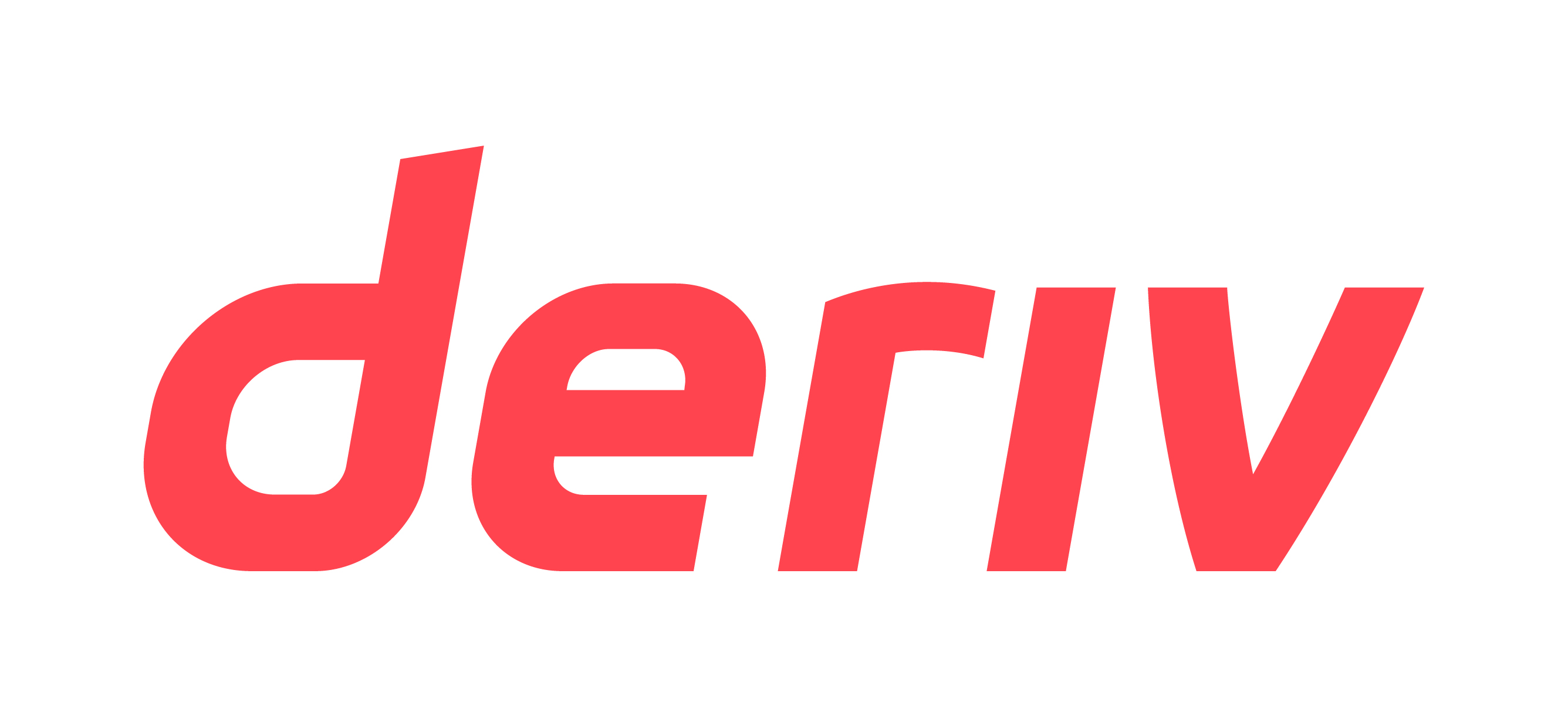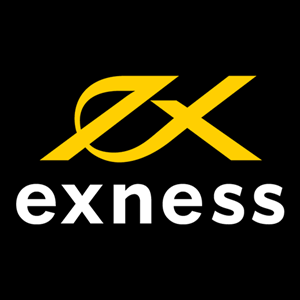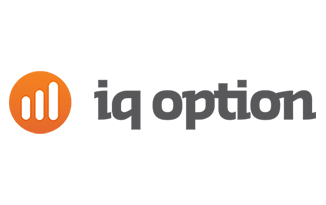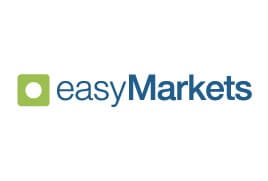Forex scams are fraudulent activities that target individuals who are interested in trading currencies in the foreign exchange market. These scams can take many forms, but they typically involve promises of large profits with little or no risk. Here are some common types of Forex scams:
- Ponzi schemes: These scams involve individuals or companies promising high returns on investment without actually trading in the Forex market. Instead, they use money from new investors to pay off older investors, creating the illusion of profits.
- Signal scams: These scams involve individuals or companies selling signals or trading tips that are supposed to help traders make profitable trades. However, these signals are often inaccurate or fraudulent, resulting in losses for traders.
- Fake brokers: These scams involve individuals or companies posing as legitimate Forex brokers and stealing money from traders. They may use fake websites, customer service representatives, and other tactics to convince traders to deposit money into their accounts.
- Robot or software scams: These scams involve individuals or companies selling software or robots that are supposed to automatically trade Forex for traders. However, these products are often ineffective or fraudulent, resulting in losses for traders.
To avoid Forex scams, it is important to do your research before investing in any product or service. Make sure to verify the credentials of any broker or trader, and avoid any promises of guaranteed profits with little or no risk. Additionally, be wary of unsolicited investment opportunities and always be skeptical of anything that sounds too good to
Regulated Forex Brokers in South Africa

Quotex

Deriv

Exness

IQ Option

Hycm

Easy Markets
Here are some tips to help you avoid Forex scams:
- Research the company or individual offering the investment opportunity: Check their credentials and look for reviews or complaints from other traders. Make sure they are registered with the appropriate regulatory authorities.
- Be wary of promises of guaranteed profits with little or no risk: Trading in the Forex market involves risk, and anyone promising guaranteed profits is likely a scammer.
- Never give out personal or financial information to unsolicited callers or emails: Legitimate Forex brokers and traders will never ask for your personal or financial information over the phone or through email.
- Avoid high-pressure sales tactics: Scammers may use high-pressure sales tactics to convince you to invest in their product or service. Be wary of anyone who tries to rush you into making a decision.
- Use reputable Forex brokers: Choose a Forex broker that is well-established and regulated by a reputable authority. Look for brokers with a good reputation and positive reviews from other traders.
- Educate yourself about Forex trading: The more you know about Forex trading, the less likely you are to fall for a scam. Learn about trading strategies, risk management, and the different types of scams that exist.
- Trust your instincts: If something doesn’t feel right, trust your instincts and walk away. It’s better to be safe than sorry.
FAQS about Forex scams:
What is a Forex scam?
A Forex scam is a fraudulent activity that targets individuals who are interested in trading currencies in the foreign exchange market. These scams can take many forms, but they typically involve promises of large profits with little or no risk.
What are some common types of Forex scams?
Common types of Forex scams include Ponzi schemes, signal scams, fake brokers, and robot or software scams.
How can I avoid Forex scams?
To avoid Forex scams, it is important to research the company or individual offering the investment opportunity, be wary of promises of guaranteed profits with little or no risk, never give out personal or financial information to unsolicited callers or emails, avoid high-pressure sales tactics, use reputable Forex brokers, educate yourself about Forex trading, and trust your instincts.
What should I do if I have been scammed?
If you have been scammed, you should report the scam to the appropriate regulatory authority, such as the Financial Conduct Authority (FCA) in the UK or the Commodity Futures Trading Commission (CFTC) in the US. You should also contact your bank or credit card company to see if you can dispute the charges. Additionally, you may want to consider seeking legal advice.
Can I get my money back if I have been scammed?
It may be difficult to get your money back if you have been scammed, but it is possible. Contact your bank or credit card company to see if you can dispute the charges, and consider seeking legal advice. Additionally, reporting the scam to the appropriate regulatory authority may help prevent others from falling victim to the same scam.
